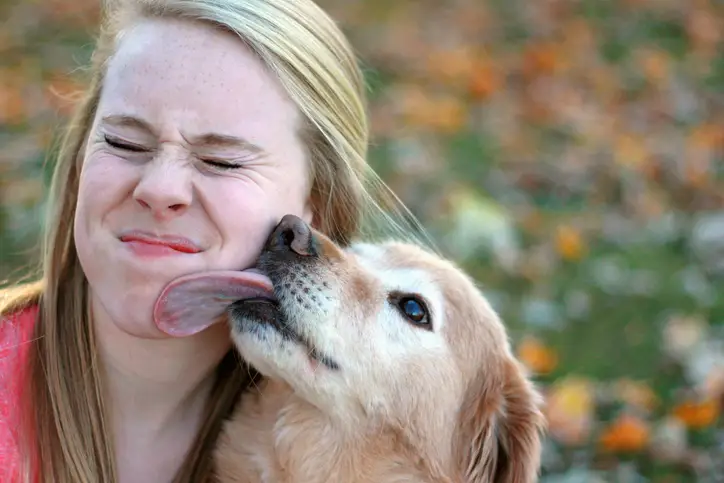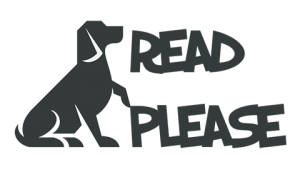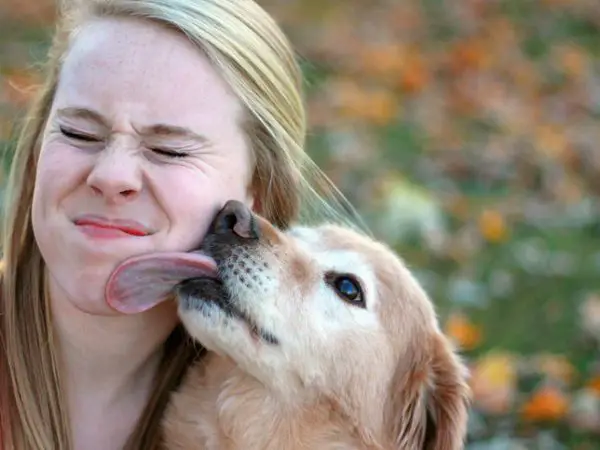Dog’s saliva is perfectly healthy and non-toxic for humans, but it can cause intense itching and discomfort in some people. The type of licking behavior you’re describing could be a normal behavior that dogs use to show affection or excitement. It may also be caused by any number of medical conditions. I recommend having him checked out by your vet to make sure he’s in good health. If he is, then the licking may just be a habit that you guys have to work on breaking.

One Thing You Need To Ask Your Dog Breeder
A little background…
Dogs lick for a variety of reasons, but if your dog licks persistently, it could be related to stress or anxiety . In general, long strokes of the tongue can indicate relaxation or contentment. Dogs also use licking to show excitement or stress. If your dog tends to lick more when you’re nearby, it could be related to separation anxiety . A dog who “kisses” other dogs may just be showing social behavior, but if he licks his own fur for long periods of time, it might indicate stress or anxiety. Dogs also use licking as a submissive gesture to show they are not challenging the other dog.
Here’s how to stop your dog from licking you…
If your pet is just trying to express affection or excitement, let him lick! If he’s just trying to be friendly and show how much he likes you, don’t try to stop him. You can let this behavior continue or encourage it if you want to show your dog that licking isn’t an unpleasant experience. Get down at his level and act excited when he licks you.
If your pet is trying to tell you he’s stressed or anxious, use positive reinforcement like treats or praise when he stops licking. This will help train him to associate licking with feelings of relief rather than anxiety or stress. (Don’t punish the behavior; punishment won’t make it go away.) If your dog tends to lick more often when you’re gone, keep a leash by the door while you’re home so you can grab it quickly before leaving, or tether your dog to you with a long leash when you’re home together. This makes it easier for him if he needs to go out during the day or if he just wants to be close to you.
If your pet licks excessively due to separation anxiety, try leaving an article of clothing that smells like you, creating opportunities for safe supervised play with other dogs, and leaving food-dispensing toys stuffed with his regular meal in addition to new toys filled with treats around the house. A belly band (basically a specially fitted wrap) can also help prevent access until the behavior improves.
After trying some of these suggestions, if your pet continues to lick excessively for no apparent reason, call your vet. The licking could be caused by an underlying condition that needs to be addressed or medications can sometimes reduce excessive licking.
When it comes to medical conditions, the most common are allergies, dermatitis (inflammation of the skin), and canine compulsive disorder . If there isn’t a medical cause for the behavior (and don’t assume there is; always check with your vet first!), then you’re probably dealing with a habit or obsessive/compulsive disorder that will need time and patience to change. Some dogs also lick because they find the taste of their own saliva pleasurable.
I recommend working with a professional dog trainer or animal behaviorist if you’re having trouble stopping the licking. They can not only help you and your pet, but also teach you how to stop other unwanted behaviors like excessive barking or jumping up on people.
If you need to find a trainer, look for someone who is certified through the Certification Council for Professional Dog Trainers or the Association of Pet Dog Trainers . Both organizations offer searchable directories. You can also ask your vet for recommendations. It’s best to avoid trainers who advertise “dominance-based” training because these methods are often outdated and cause more problems than they solve.


